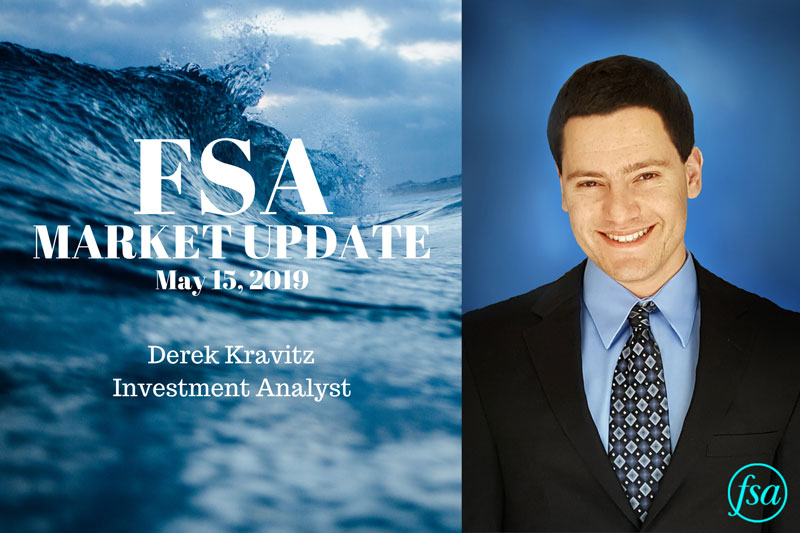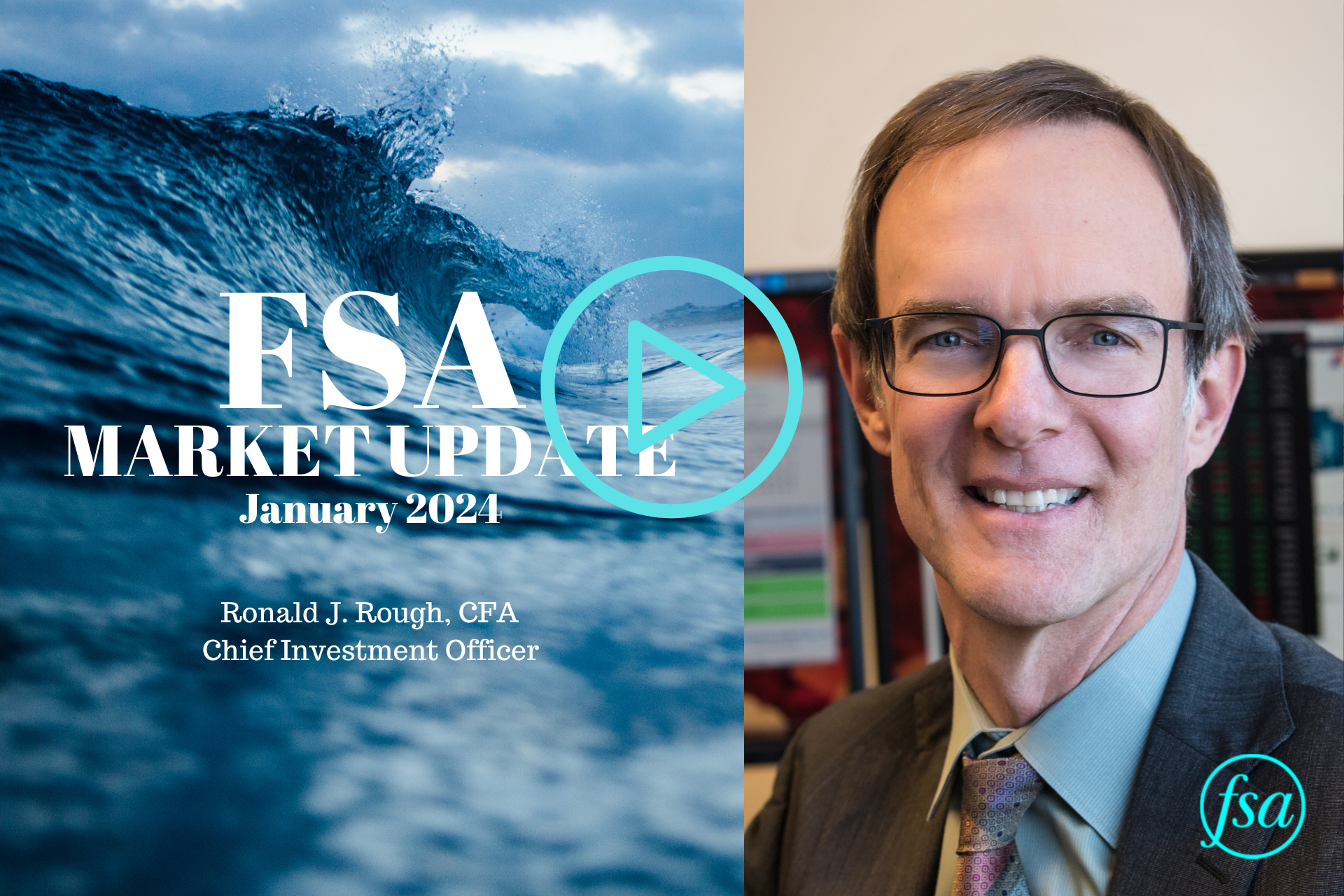Sell in May and go away? Derek Kravitz, FSA’s Investment Analyst explains the history behind this phrase and how FSA is keeping it in mind as we approach the historically under-performing Summer months.
April Stock Market Update Transcript
Hello. My name is Derek Kravitz, I’m the Investment Analyst here at FSA working with the Investment Management Team.
In April, the market made another all-time high of about 4%, led mostly by large-cap growth stocks. Today in our monthly market update, we’re going to discuss a phenomenon called “Sell in May.”
Where does “sell in may” come from?
Now that the month of May is upon us, every year we hear in the financial media “Sell in May and go away.” So what is this and is there any validity to it?
The roots can be traced back to London in the 16 and 1700s, bankers would leave the city in the hot Summer months, go on vacation, and come back later after St. Leger’s day. The full saying was actually “Sell in May, go away, and come back after St. Leger’s Day.”
Now this phenomenon has thought to have carried over into American markets, where we see investors and traders take long summer holidays in the months of June, July, and August. And without their presence, sometimes the market under-performs.
Is “sell in may” a valid investment strategy?
Now what do the numbers tell us? Well in fact, the market has tended to under-perform between the months of May and September. The bulk of the market’s returns over 30 years, 50 years, even 100 years back, on average, come primarily between the months of October and April.
There definitely is some validity to this seasonality effect. This chart represents this phenomenon quite well. The red line represents market returns between the months of April and September, while the blue line represents the rest of the year.
As you can see, there is a clear discrepancy in out-performance on the market during the months that are outside of May to September. Of course, this does not necessarily mean that you should just sell in May.
how is fsA MANAGING CLIENT PORTFOLIOS?
Some years are going to be different than others. You might see Summer months out-perform. And just because Summer months under-perform, doesn’t mean that they’re necessarily going to be negative. We saw last year, 2017, 2014, 2013, all have strong Summer months.
So it pays to be invested until the market decides to finally make a real turn. And that here at FSA is what we’re paying attention to, because if the market does decide to roll over in May, we will be more defensive, because we are aware of the seasonality effect.
But until it does, we will remain invested. Because there will be an opportunity cost if we decide to just exit in May just because of what the historic data tells us.
My name is Derek, thank you so much for watching. Feel free to reach out if you have any questions. Thank you!




